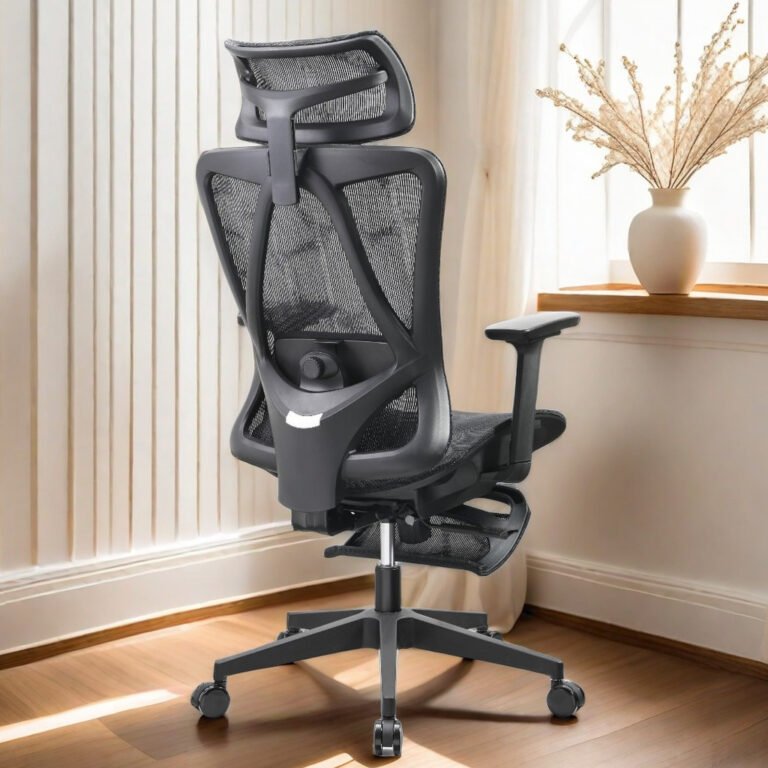n the modern business landscape, the manufacturing and distribution of office chairs involve a complex interplay of design, production, and logistics. This article delves into the intricacies of shipping and logistics for office chair manufacturing orders, highlighting the challenges and strategies that manufacturers must navigate to ensure timely and efficient delivery. With a focus on professionalism and depth, this piece aims to provide insights that can enhance the understanding of industry professionals and contribute to the broader discourse on supply chain management.
I. The Importance of Logistics in Office Chair Manufacturing
- Supply Chain Integration
- Discuss the role of logistics in integrating various stages of the supply chain, from raw material sourcing to finished product delivery.
- Highlight the importance of seamless communication and coordination among suppliers, manufacturers, and distributors.
- Cost Efficiency
- Analyze how efficient logistics can reduce overall production costs by optimizing transportation, warehousing, and inventory management.
- Provide examples of cost-saving measures in the office chair industry.
- Customer Satisfaction
- Explain the direct correlation between effective logistics and customer satisfaction, focusing on timely delivery and product quality.
- Discuss the impact of logistics on brand reputation and customer loyalty.
II. Key Challenges in Office Chair Logistics
- Complexity of Product Design
- Discuss how the intricate design of office chairs, including ergonomic features and adjustable components, can complicate the logistics process.
- Highlight the need for specialized handling and storage solutions.
- Regulatory Compliance
- Address the various regulations and standards that office chair manufacturers must adhere to, both domestically and internationally.
- Discuss the challenges of navigating different regulatory environments and the role of logistics in ensuring compliance.
- Supply Chain Disruptions
- Explore the impact of supply chain disruptions, such as natural disasters, political instability, or economic fluctuations, on office chair logistics.
- Provide strategies for mitigating these risks and maintaining supply chain stability.
III. Strategies for Efficient Office Chair Logistics
- Inventory Management
- Discuss the importance of accurate inventory management in reducing stockouts and overstock situations.
- Highlight the role of technology, such as RFID and barcode scanning, in improving inventory accuracy.
- Transportation Optimization
- Analyze the different modes of transportation (air, sea, land) and their suitability for office chair logistics.
- Discuss the benefits of multimodal transportation and the challenges of coordinating different carriers.
- Technology Integration
- Explore the role of technology in enhancing logistics efficiency, such as real-time tracking, predictive analytics, and automation.
- Provide examples of how technology has been successfully integrated into office chair logistics.
IV. Case Studies: Success Stories in Office Chair Logistics
- Herman Miller
- Examine the logistics strategies employed by Herman Miller, a leading office chair manufacturer, and their impact on business success.
- Discuss the company’s approach to supply chain management and customer satisfaction.
- Steelcase
- Analyze the logistics operations of Steelcase, focusing on their innovative solutions for managing complex product lines.
- Highlight the company’s efforts in sustainability and environmental responsibility.
- Haworth
- Discuss the logistics challenges faced by Haworth and their strategies for overcoming these obstacles.
- Explore the company’s approach to global logistics and the importance of local market understanding.
V. Future Trends in Office Chair Logistics
- Sustainability
- Discuss the growing importance of sustainability in logistics, focusing on the environmental impact of transportation and packaging.
- Provide examples of sustainable practices in the office chair industry.
- Digitalization
- Explore the role of digital technologies, such as blockchain and artificial intelligence, in transforming logistics operations.
- Discuss the potential benefits and challenges of digitalization in the office chair sector.
- Customization and Personalization
- Address the trend towards customization and personalization in office chair manufacturing and its implications for logistics.
- Discuss the need for flexible logistics solutions to accommodate diverse customer demands.
In conclusion, the shipping and logistics of office chair manufacturing orders are critical components of the overall supply chain. Effective logistics not only ensure the timely delivery of high-quality products but also contribute to cost efficiency and customer satisfaction. As the industry continues to evolve, manufacturers must adapt their logistics strategies to meet the changing demands of the market, leveraging technology and innovation to stay competitive.


